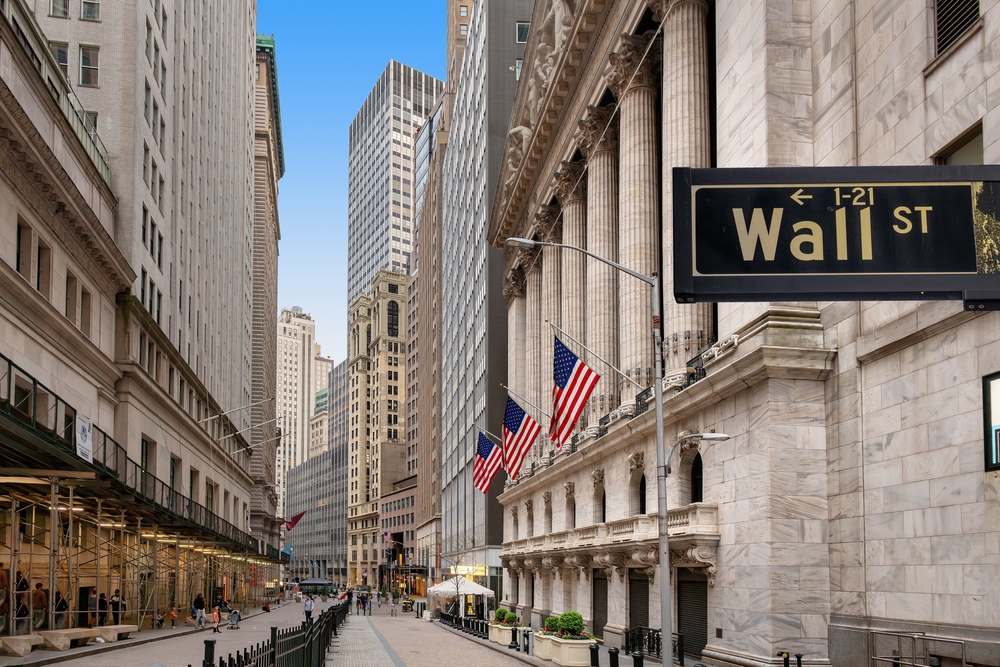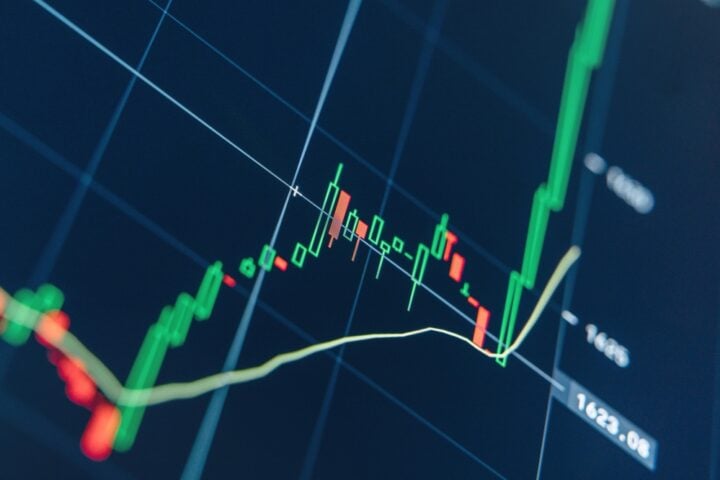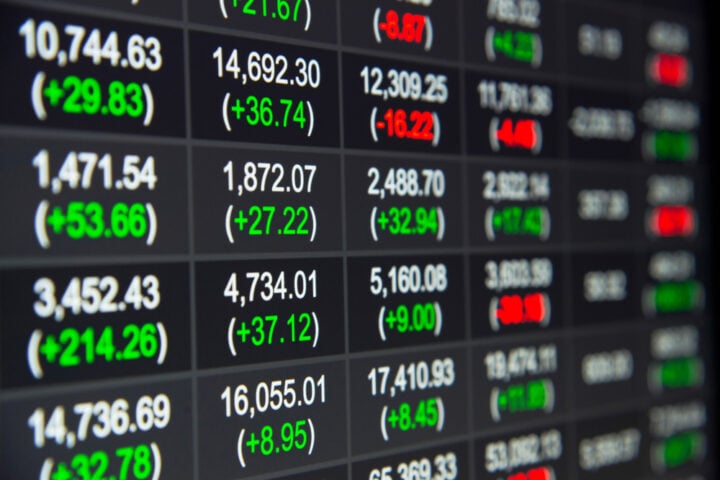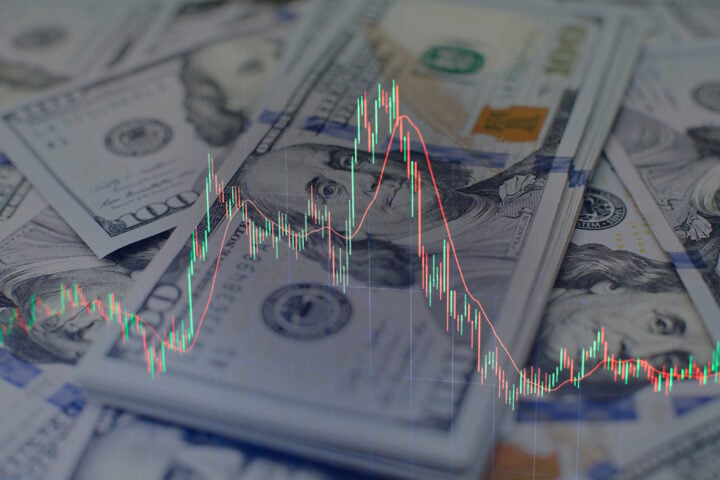Investment Activity Freezes Amid Growing Recession Concerns
Recent developments on Wall Street point to a significant slowdown in financial markets as concerns about a potential recession rise. Reuters reported that for three consecutive days, there were no new offerings in the investment-grade and high-yield bond markets, with credit spreads widening. This lack of new offerings signals a freezing of market activity, as investors become increasingly wary about borrowing costs and economic uncertainty. Companies facing debt rollovers now fear that higher borrowing rates could worsen their financial positions, increasing the likelihood of defaults if the economy weakens.
IPO and M&A Plans Delayed as Market Uncertainty Grows
The impact of economic uncertainty is also visible in the delay of several high-profile IPOs and M&A deals. StubHub, Klarna, and Chime all decided to postpone their IPO roadshows, with eToro Group, MNTN Inc., and Ategrity Specialty Holdings also putting their listings on hold. The delay in these offerings highlights the hesitation among companies to go public or raise capital in a volatile environment. Some M&A deals are also reportedly on hold, as potential buyers and sellers assess the market’s stability. As Columbia professor Angela Lee pointed out, “Investors and founders want to see stability,” but the current environment is anything but stable.
Bank CEOs Meet Amid Growing Concerns Over Financial Stability
The growing instability in financial markets has prompted top bank executives to convene discussions about the state of the economy. According to Sky News and Bloomberg, executives from major banks, including Brian Moynihan of Bank of America, along with leaders from Citigroup, Barclays, and HSBC, held a call to address the turmoil. These concerns come ahead of the first-quarter earnings reports for major Wall Street institutions, with analysts predicting that profits will be down for firms like JPMorgan Chase, Bank of America, Goldman Sachs, and Wells Fargo compared to the same period last year.
Financial Analysts Focus on Macro Factors Amid Earnings Season
As earnings season approaches, financial analysts are focused on macroeconomic factors, rather than individual company performance. Devin Ryan of Citizens Financial Group stated, “What happens with tariffs, and really the ultimate economy, is what’s going to drive sentiment in these stocks.” Analysts believe that it is the broader economic environment, including the ongoing trade war and fears of a recession, that will ultimately determine market movements, rather than individual bank earnings. This sentiment is echoed by KBW analyst Chris McGratty, who noted that many investor questions would be unanswerable, as the economic factors driving market instability are largely beyond the control of bank management teams.
Bank Earnings and Loan Growth Under Pressure
In addition to concerns about broader market instability, Morgan Stanley analysts recently downgraded their expectations for large and mid-cap bank earnings in 2025. The firm cited slower growth and increased uncertainty as key reasons for their lowered forecasts. They also noted that these factors would likely delay the expected recovery in capital markets, slow loan growth, and drive an increase in net charge-offs across both consumer and commercial loans. These challenges are likely to weigh heavily on financial institutions as they navigate a more volatile and uncertain economic landscape.
Wall Street Faces Unprecedented Challenges
The combination of rising recession fears, a slowdown in financial market activity, and uncertainty over U.S. trade policies has created a difficult environment for Wall Street. With key IPOs, M&A deals, and earnings reports delayed, investors are facing a future where stability is in question. As the economy grapples with these challenges, financial institutions and market participants will need to adapt to a changing landscape where macroeconomic factors, rather than individual corporate strategies, will determine success or failure in the coming months.







